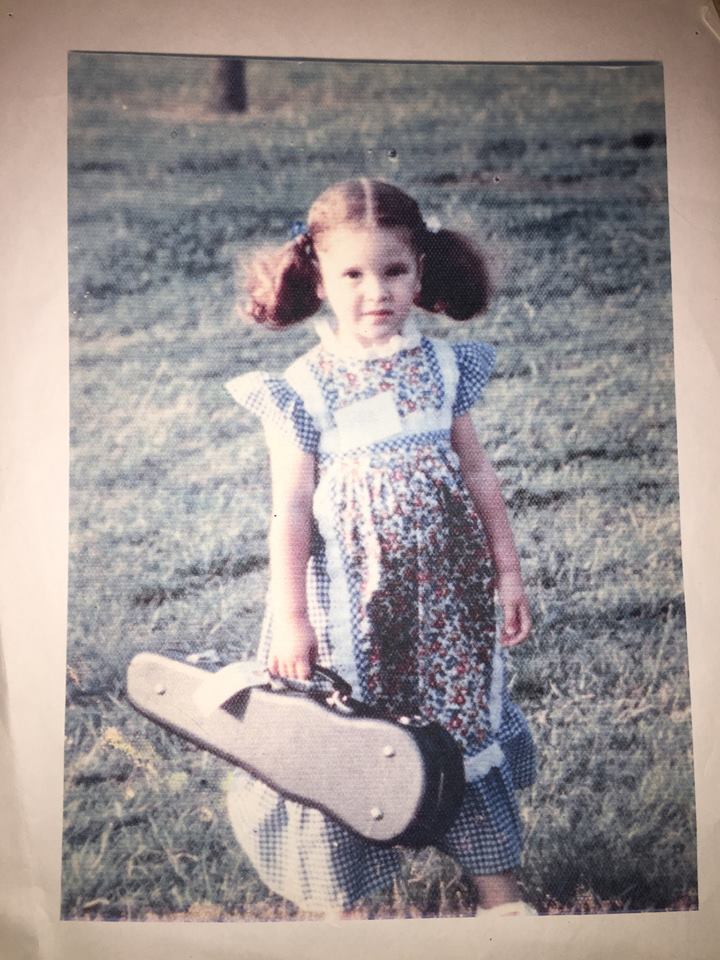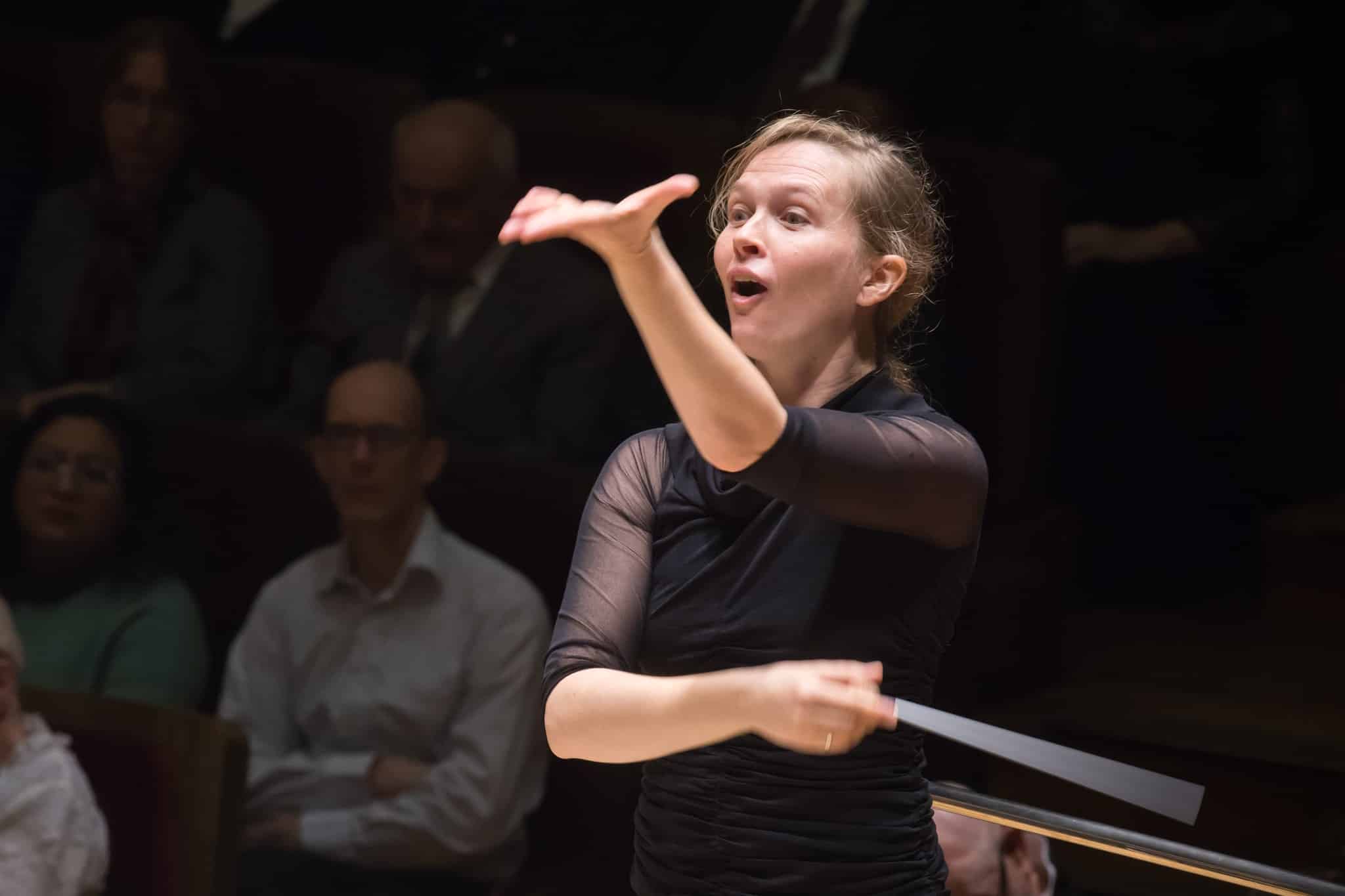What we mean by getting into a Fugue state
mainFrom our diarist, Anthea Kreston*:

In another one of many double-rehearsal days, I am consumed with the Shostakovich Piano Quintet, and in particular, the fugue. I am babying my arms back to full strength, careful to not use them unless absolutely necessary. I don’t unload dishes, carry bags, or pick up anything heavier than a sandwich. Every day they come back a little more, yet I wonder if I will look back at these weeks and curse myself somehow. There is no injury, just extreme fatigue, and I have a plan, which seems to be holding for now.
A fugue is one of the marvels of composition – the inventor must look at the chosen melody (and rhythm) in a way which will suit a myriad of different purposes in the future. It should be, in its naked form, hummable – catchy – without this, your audience will have no hope if following the thread. It is composed in two sections, and so the B part must be able to fit in harmonically, musically and rhythmically with the A section (cue: Row, Row, Row your boat to “Merrily, Merrily, etc.”). That is the basic structure.
Enter the advanced compositional techniques – the ability to layer more than 2 voices – can the fugue subject work twice as fast, twice as slow? Can the entrances be staggered rhythmically (entering only one beat or one eighth note after the previous entrance), creating a stretto (next voice enters before previous has completed the subject)? What about modulation? Or inversion – with the fugue subject occurring as a perfect mirror? All of these things must be considered simultaneously as the fugue subject is being conceived.
But, the real work of a fugue is the emotional complexity – the way that the fugue, in its most simple form, gives rise to a never-ending goulash of emotions – the fugue pushing against itself, finding darkness where there once was light, tenderness where formality once ruled. I have been reading ahead for the next Fortnightly Book Club – the Gödel, Escher, Bach book. I must admit, I am totally lost for pages at a time, but sometimes something just clicks. I was staring at one of those Escher drawings – not the staircase ones, but those long ones that start with black and white boxes that slowly turn into birds and turtles and chess boards. How do we decide if the black (A section of the fugue) matters more or less than the white sections (B section). At those moments when the bird turns into the turtle – that is the magic of the fugue. When do our hearts change? Does the character of the fugue have to remain somehow the same, or does it transform completely depending on the surroundings?
I have been having fugue dreams – last night it was like this. A person stands alone in a dark room, and slowly says the number 3 over and over again. Someone comes and stands next to him, and in the pause, says 1,2, quickly in a rhythmic triplet. They leave, and a person comes to stand on the other side of 3. They speak at the end of the word 3, saying eeeee, at the same pitch, and then get louder and go up in pitch dramatically. Then that person leaves. A third person comes, and after the 3 person speaks, the new person murmurs, lovingly, “me”. And the dream continues. How does the third person feel? Are they forever changed, or can they still feel what it was like to stand alone in a room, saying 3 over and over again?
A couple of times, in my youth, while dabbling in various illegal drugs, I experienced what I would characterize as a “Fugue State” (or “Disassociative Fugue”). This is, according to Wikipedia, “a rare psychiatric disorder characterized by reversible amnesia for personal identity, including the memories, personality, and other identifying characteristics of individuality. The state can last days, months or longer. Dissociative fugue usually involves unplanned travel or wandering, and is sometimes accompanied by the establishment of a new identity.”
It is no wonder, as I look back, that during these years, I went through a stage of calling myself by different names every few weeks (I eventually legally changed my name from Sarah Jane to Anthea), and also got my rather large tattoo on my shoulder (a hieroglyph loosely translated to “embrace life”).
And so, like all of us, I have lived the life of a fugue – my innate first statement remains intact, and yet is forever changed by the endless stream of countersubjects, inversions, and modulations which have accompanied my life journey.
*Anthea, aged 2.5, her first summer playing violin






Comments